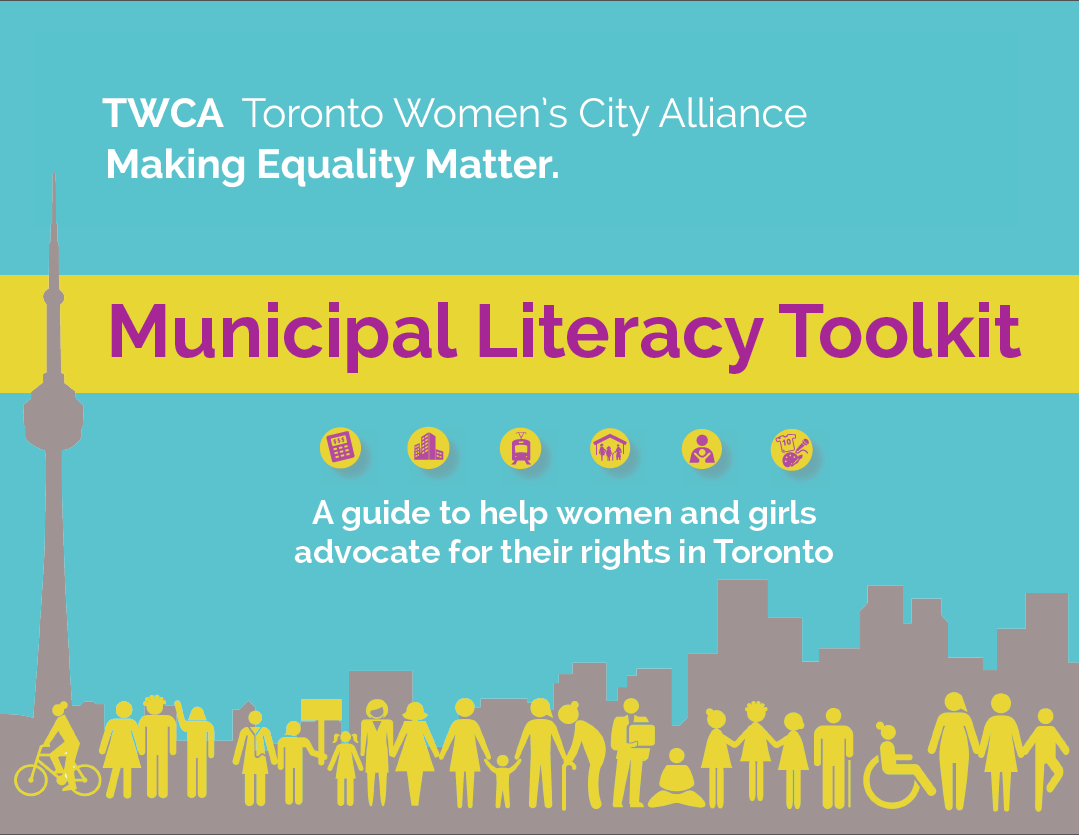Even though in Toronto in 2010, a record number of women were elected to council, out of 44 council members, only 14 are women. The following article raises some key questions to think about leading up to the 2014 Toronto municipal elections.
Money is essential for the operations of political parties, and particularly affects candidates in electoral processes. Political financing regulations can effect women’s access to run as candidates, be elected, campaign and reach out to the population. Regulations on political funding are used to level the playing field in electoral competition. They can also work to ensure that women are able to compete on a more equal footing with men. This in turn may result in women’s increased political participation; a key feature of democracy.
Funding regulations need to be context specific and respond the realities on the ground. iKNOW Politics is seeking to collect information on laws, regulations or practices that have been put in place to address challenges women face in raising money in politics. We would like to know about good experiences in this area, in particular related to the following questions:
Are there formal (legislated) mechanisms that work to level the (financial) playing field between women and men candidates? If so, what are they (e.g. spending limits, campaigning time limits, disclosure, reforms to public funding that may benefit women)?
Are there adverse effects for women candidates in the existing laws on political finance? What can be changed, or what provisions could be strengthened (e.g. ensuring enforcement of campaign finance regulations, including disclosure; prohibition of illicit funding)? Are there any controls in place?
How have political parties addressed the gender funding gap (e.g. voluntary – not legislated – practices such as internal fundraising mechanisms, in-kind contributions for campaigns)? If so, what are they?
Are there differences in how women and men candidates spend their campaign funds? E.g. higher spending for women due to lack of security, childcare costs, etc.
Article by International Knowledge Network of Women in Politics





